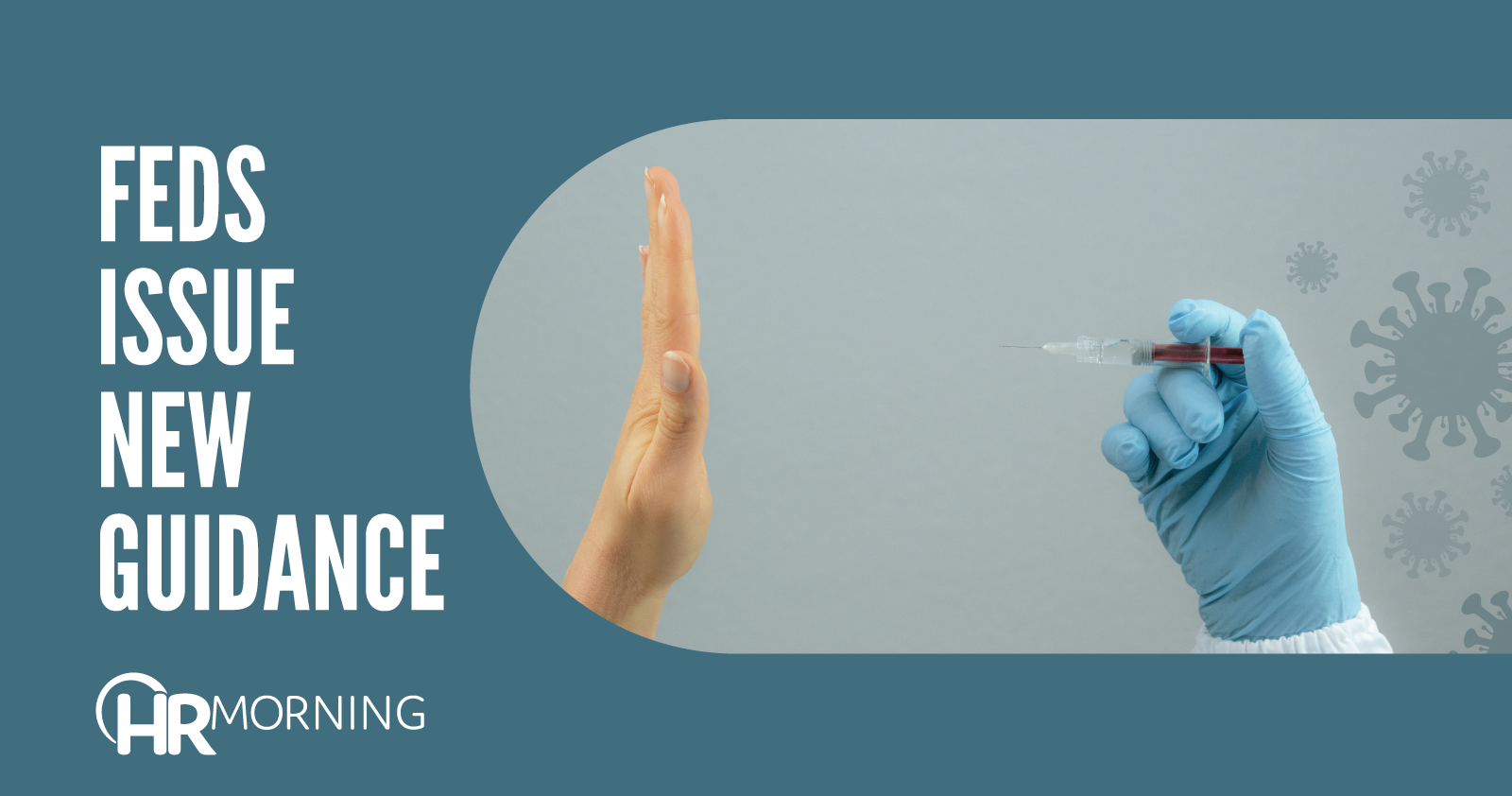The EEOC has issued new guidance addressing religious objections to workplace COVID-19 vaccination requirements.
This updated EEOC guidance discusses the interplay between vaccine requirements and Title VII. Title VII applies to employers with at least 15 employees. It does not say those employers must require vaccinations. Instead, it explains that they may require vaccinations, subject to limitations.
According to the EEOC, federal laws regarding equal employment opportunity generally do not prevent employers from requiring employees who physically enter the workplace to be vaccinated.
But as is the case for so many other general rules, there are exceptions. And covered employers who proceed without full knowledge of the exceptions do so at their own peril.
Sometimes, an employer’s desire to have a fully vaccinated workforce must yield to applicable reasonable accommodation requirements of Title VII or the ADA.
No Hard and Fast Rules
The newest guidance addresses limitations set by Title VII. More specifically, it talks about limits set by Title VII’s ban on religious discrimination.
Under Title VII, both applicants and employees can request an exception from a generally applicable vaccine requirement as a reasonable accommodation on the basis of a sincerely held religious belief.
They need not use any specifically designated language when doing so.
They just need to make it clear that there is a conflict between the vaccination requirement and their sincerely held religious beliefs, practices or observances.
Best Practice
Best practice for employers, according to the agency: Tell applicants and employees whom to contact and the procedures they should use to request a religious exemption from a vaccine rule.
Does the existence of a religious exemption from a generally applicable vaccine requirement open a door that even those without sincerely held religious beliefs can pass through? What can employers do to ensure that the objection is really based on a sincere religious belief?
On these questions, the agency says first that employers should generally assume that a request for a religious accommodation is based on a sincerely held religious belief.
If employers were required to make that assumption unconditionally and in all cases, it would be easy for dishonest applicants or employees to avert a vaccine requirement simply by falsely asserting the existence of a sincerely held religious belief.
The guidance addresses this concern. Specifically, it says employers who have an “objective basis” to question either the religious nature or the sincerity of an asserted religious belief can make “a limited factual inquiry and [seek] additional supporting information.”
Employers also need to remember that Title VII’s definition of “religion” includes “nontraditional religious beliefs that may be unfamiliar to employers.”
Not Just Traditional Religions
Translation: Employers cannot deny a request for a religious exemption just because they have never heard of the employee’s religion. At the same time, it is clear that a request based on one’s personal preferences or one’s social, political or economic views is not a request for a religious exemption.
An employer is not required to grant a request for a religious exemption if granting the exemption would cause an undue hardship on its operations. The guidance notes that employers can meet this threshold by showing that granting the request would cause it to incur more than a minimal cost.
Undue hardship may exist if granting the request would impair workplace safety or diminish efficiency in other jobs, it adds.
More info: bit.ly/3H27jkE.


